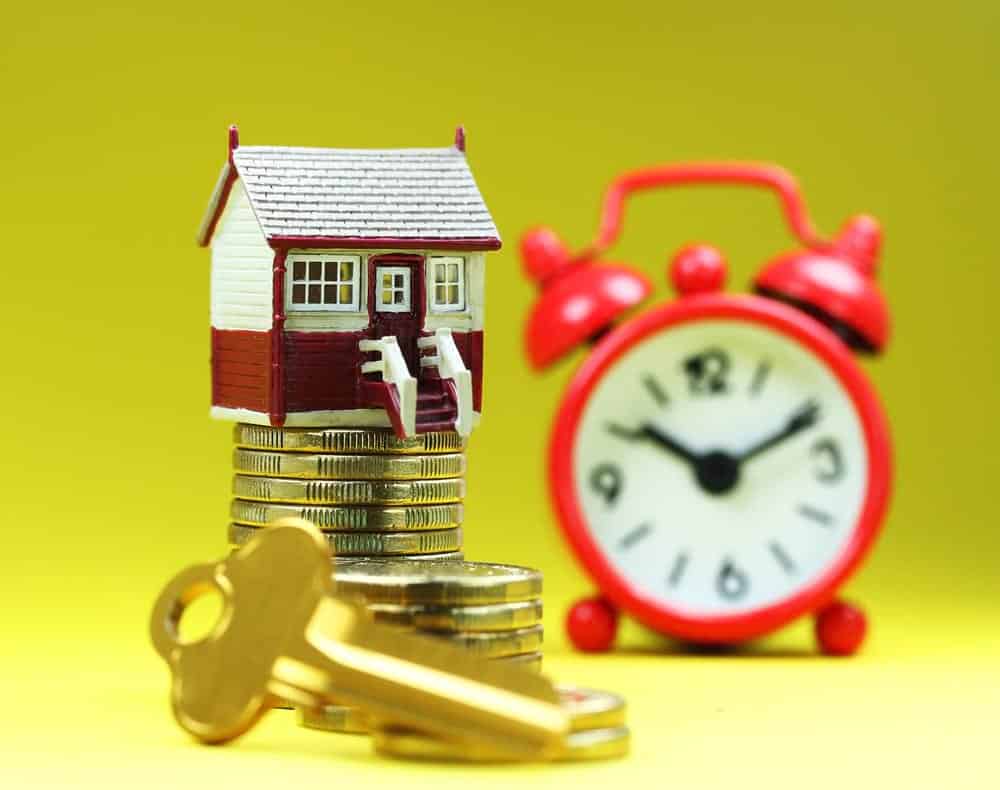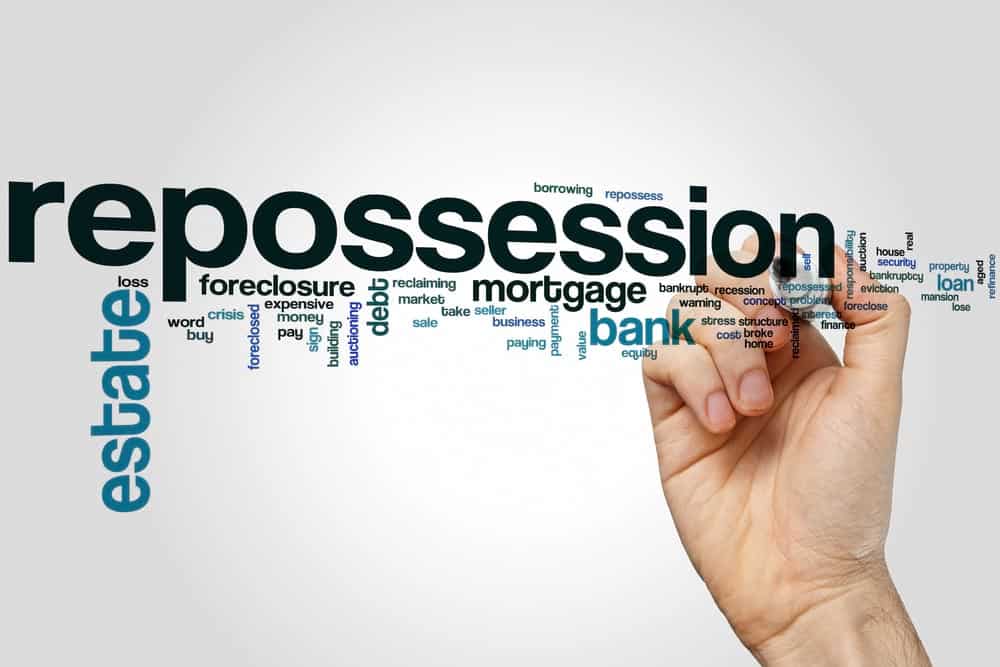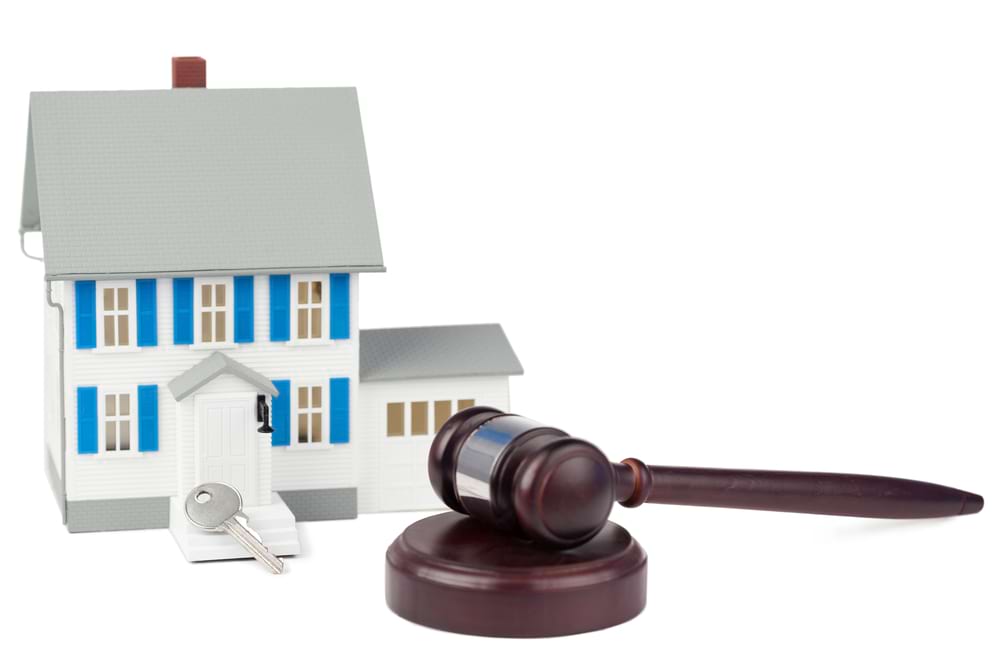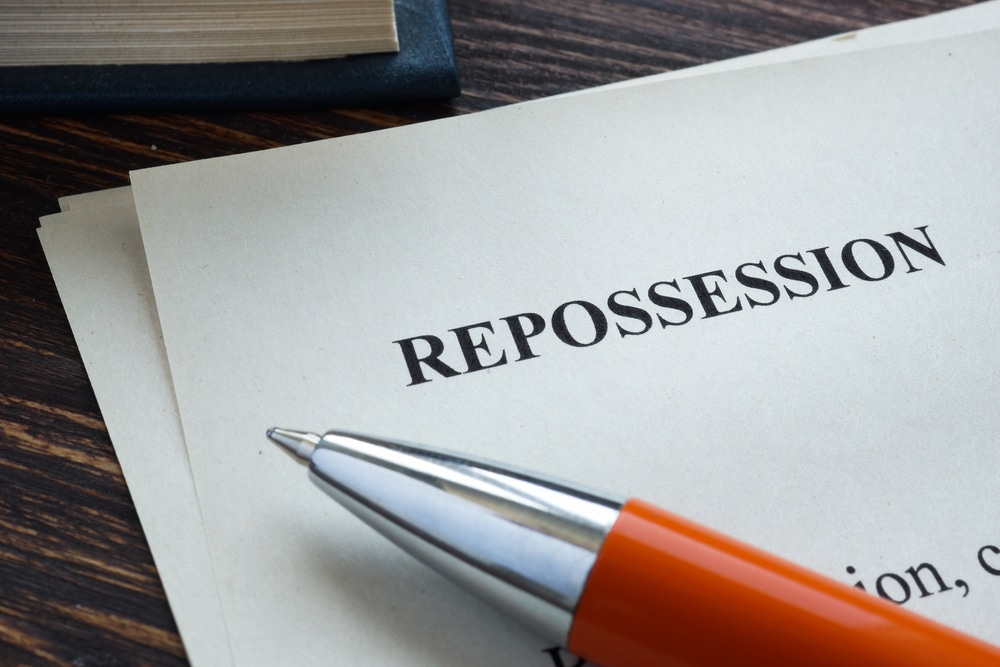Negative equity leaves many homeowners feeling trapped and uncertain.
Understand its causes and knowing how to check your equity status are helpful
These help you formulate intelligent strategies to navigate it.
What is negative equity?
When you take out a mortgage to purchase property, the amount you borrow is secured against the value of your home. This means the property acts as collateral for the loan.
Ideally, your property value increases over time, so your loan balance becomes a smaller percentage of the total property value.
This growing gap between the current value and loan amount is your equity.
Negative equity happens when the opposite occurs – your property drops in value, but your mortgage loan stays the same. This leaves you owing more money than your home is currently worth.
Negative equity example
For example, if you purchased a home for £200,000 and borrowed £180,000, you’d start with £20,000 equity.
But if prices dropped and your house was only worth £150,000 a few years later, you would have £30,000 negative equity while still owing £180,000.
What causes negative equity?
Falling property values
The most common trigger is when housing markets experience a widespread price decline across a region or country.
This reduces the resale value and equity levels for many homeowners at once.
Overpaying on purchase
Homeowners who overpay in competitive markets or become overextended with their borrowing face increased downside risk if prices fall even slightly after purchase.
Poor lending practices
Predatory or irresponsible lending that allows buyers to borrow more than they can genuinely afford given their finances, and the market conditions also set the stage for negative equity if prices decrease.
Financial setbacks
Personal situations can make paying mortages difficult. For example:
- Job loss
- Debts
- Illness
- Redundancy.
And more.
This forces more sales and foreclosures, further driving down neighbourhood prices.
Natural disasters
Severe storms, floods, or other events that cause damage in a region to reduce surviving homes’ values in affected areas. Owners are left with lower-value properties but owe the same mortgage debts.
How did you get into negative equity?
Understanding how you got into negative equity helps assess whether this is due factors outside your control or if overextending on borrowing played a more significant role.
Both scenarios are complex. But the latter signals being more cautious about total mortgage debts taken on when purchasing property in the future to build a buffer for potential falling prices.
How do you know if you’re in negative equity?
Review your loan
What mortgage amount do you still owe? Check your lender’s website or original paperwork to find this number.
Estimate your property value
While only a full appraisal gives definitive value, you can get free automated estimates online from sites like Zoopla and Rightmove. Be conservative and assume the lower end of the range.
Compare number
If your estimated property value is lower than your outstanding mortgage amount, this suggests you likely have negative equity.
Speak to your lender
Share your findings with your mortgage provider. They have tools to estimate home values and confirm whether their calculations show negative equity.
This straightforward process gives a helpful indicator of where your equity position currently stands.
Steps to get out of negative equity
Learning you owe more to your home than it’s worth overwhelms many homeowners.
Rest assured, several strategic steps can help you pragmatically work your way out of negative equity over time:
Make payments faithfully
Keep paying your mortgage according to schedule. This stops extra interest and fees from accruing and avoids derailing eventual equity recovery. Communicate proactively with your lender if you need help.
List home improvements
Increasing your property’s actual value is critical. Consider affordable renovations like kitchen updates, converted loft space, remodelled bathrooms, or landscaping to boost resale appeal.
Let the market recover
Growth cycles allowing home values to rebound gradually are also essential for rebuilding equity. Market swings can be slow, so patience here helps.
Pay extra when possible
Making overpayments directly reduces loan principal owed, cutting into negative territory sooner as combined with rising property values. Even small increments help chip away.
Sell if values rise enough
If the market improves sufficiently that your estimated home value exceeds what you still owe, selling can eliminate the remaining negative equity and let you move forward.
With strategic planning, financial prudence, pragmatic money decisions, and a little luck on market trends, what feels like inescapable negative equity today can shift back into positive equity again. Stay hopeful through the ups and downs.
Can I sell my property in negative equity?
What if negative equity makes you feel stuck and want to sell and move on? While not always easy, selling is still possible. But it’s important to understand your options and consequences before proceeding.
Selling property in negative equity territory almost always requires extra money to close the sale. This funds the gap between the selling price and the loan amount still owed.
For example, imagine you owe £180,000 still but can only reasonably expect to sell your home for £150,000 today based on the market. Selling would require you to cover that £30,000 difference so the bank can pay off the secured loan in full.
Coming up with tens of thousands of pounds is no simple feat. But if determined to sell, the following options exist:
- Borrowing – Many turn to family loans or unsecured debt like loans or credit cards to access the funds you’d have to pay off under strict repayment terms.
- Savings – If you have extra savings set aside, these could cover the shortfall. This wipes savings out, so ensure you have solid finances.
- Lender negotiations – For some, lenders may allow the sums still owed to be added onto a new mortgage for your next purchased property, essentially extending negative equity impacts.
- Bankruptcy – As an absolute last resort, formally defaulting on what you still owe could sever remaining ties to the property and loans. However, your credit rating and loan access take a long-term hit.
Make sure you pursue all options before deciding to sell into negative equity. Look objectively at your situation and carefully consider the following steps before proceeding.
While facing negative equity leaves many homeowners emotionally and financially challenged, arm yourself with knowledge on what’s happening and why.
Follow the practical guidance covered here as applicable to your situation to work your way back into positive territory again pragmatically.
Click here to read about the advantages and disadvantages of paying your mortgage early.



















